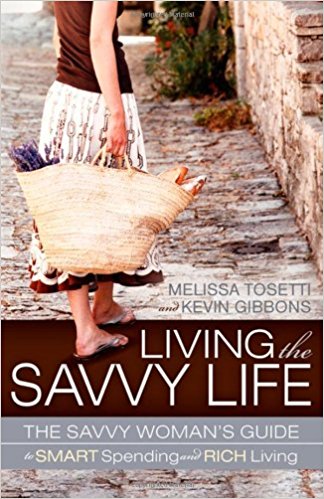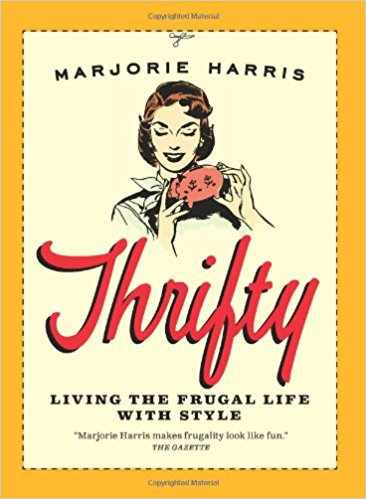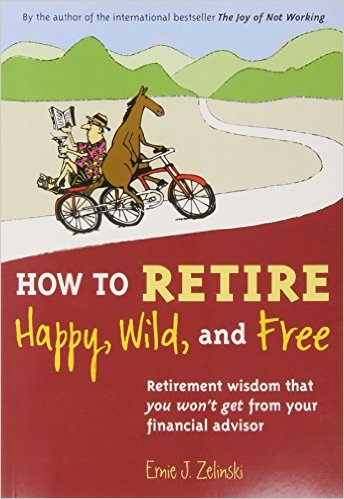Dealing with the waste we create is one of the biggest environmental concerns of the 21st century. While recycling rates around the world are increasing, so too is the population, and far more needs to be done to tackle the problem.
As reported in this guide to waste and landfills, 2.12 billion tonnes of waste is produced across the globe every single year. So, what practical steps can we all take to reduce the amount of waste that we produce? Here, we'll take a look at three areas where small changes can make a huge difference.
Cook in bulk
Food waste is a common domestic issue, but there are lots of ways we can reduce the amount we’re throwing away. Firstly, by making larger quantities of food that uses up all of your fresh ingredients and then freezing it, you reduce the amount of waste you generate. You also have meals on hand whenever you need them, saving precious time.
You should also make a conscious effort to prepare your own meals rather than buying ready meals. Not only does this mean you’ll be reducing food and plastic waste, but you're also lowering your bills. Any uncooked fruit or vegetables that you don't use should be composted if possible.
Avoid single-use plastics
Limiting our reliance on single-use plastics is key to a better planet. As such, it’s important to be aware of any alternatives available to help stamp down on plastic waste. Always take reusable bags when shopping, use paper or mesh bags when purchasing fruit and vegetables, and use a refillable water bottle.
Refill shops which allow you to purchase key ingredients such as flour, pasta and other products without the packaging are spreading across the country. These make it easy to radically reduce the amount of packaging you use.
Borrow, repair, rent or share
Households consume vast quantities of consumer goods, clothes and appliances. Many of these cannot be recycled or repurposed after they've been used as they’re often made up of many different materials. By borrowing the household goods and appliances you need rather than buying them, you can reduce the amount of the material that ends up in landfills.
So-called 'libraries of things' are growing in popularity across the globe. These allow people to borrow household items, such as sewing machines, steam cleaners, hedge trimmers and garden furniture for a set period. There is usually a small membership fee and a daily charge, but the costs are considerably less than owning items that you might only use a handful of times yourself. Alternatively, you might be able to set up an informal sharing arrangement with your neighbors.
To sum up
As we’ve seen, by taking slightly more care and consideration around our lifestyle choices, we can make big strides towards drastically reducing our reliance on landfills. By being more mindful of the waste we generate and by taking these simple steps in different areas, we can each play our part in creating a greener future for generations to come.
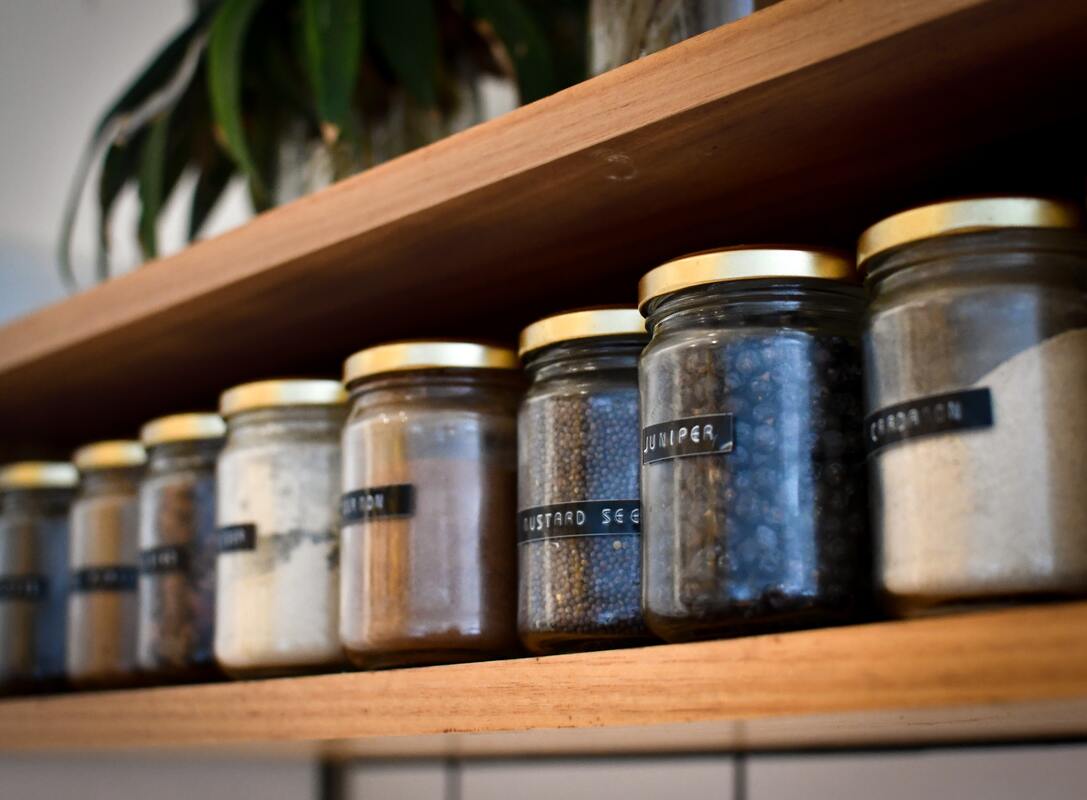

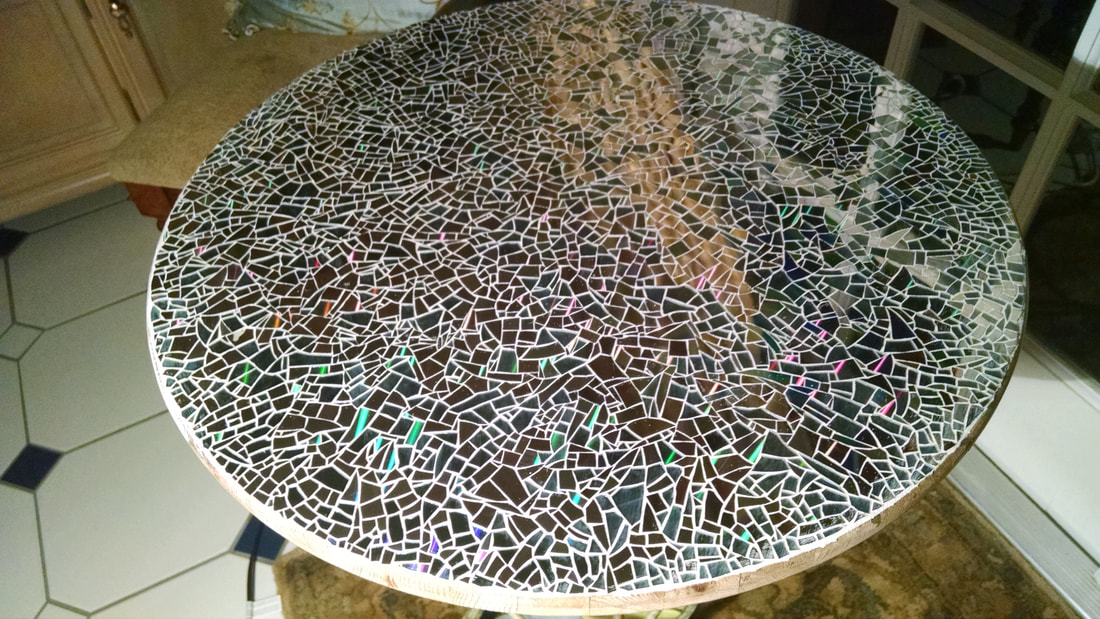
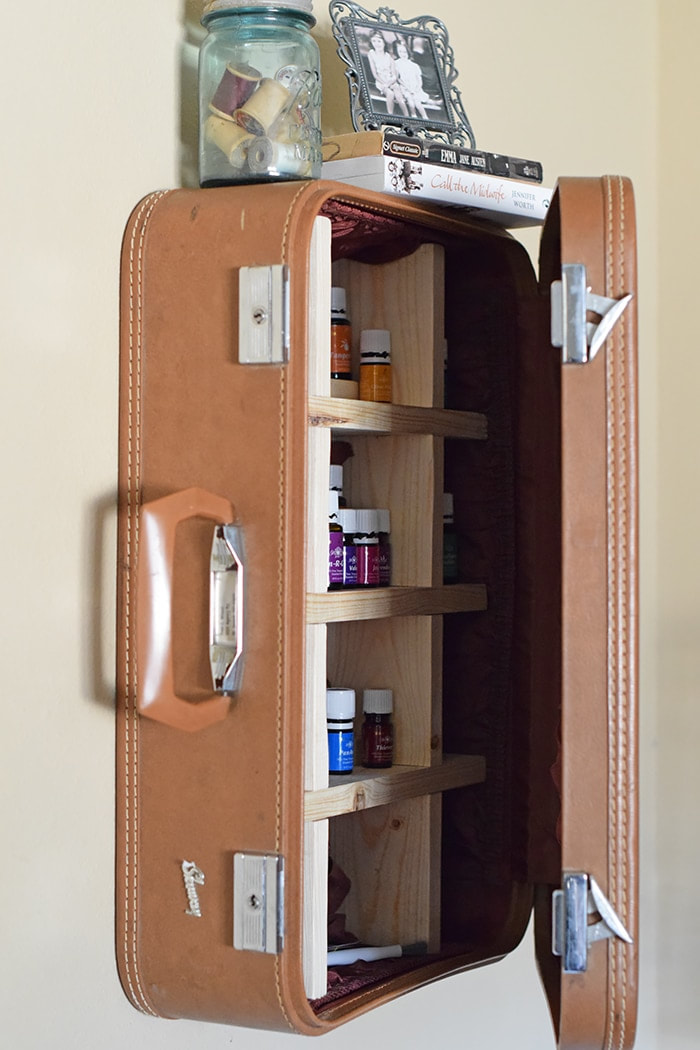
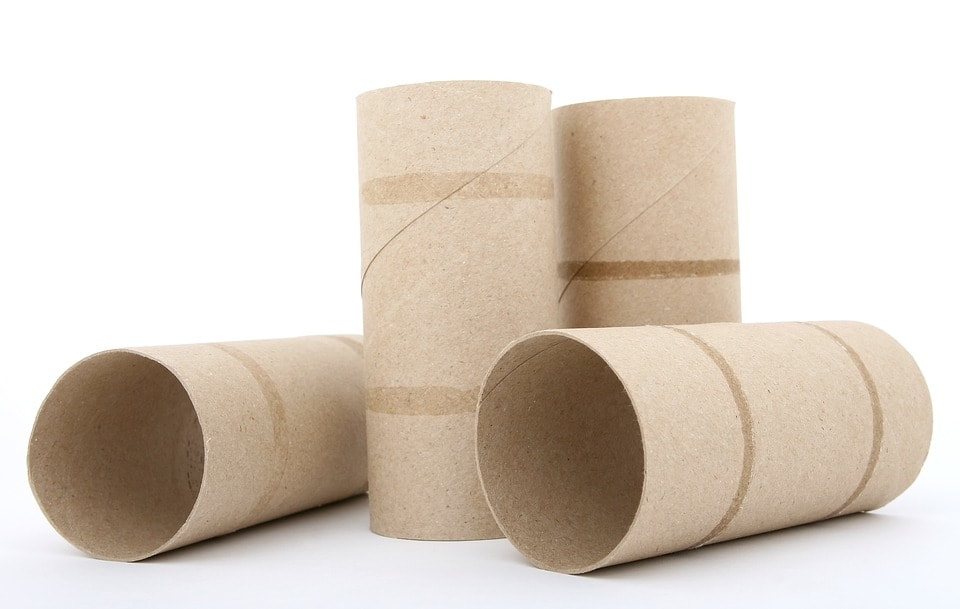
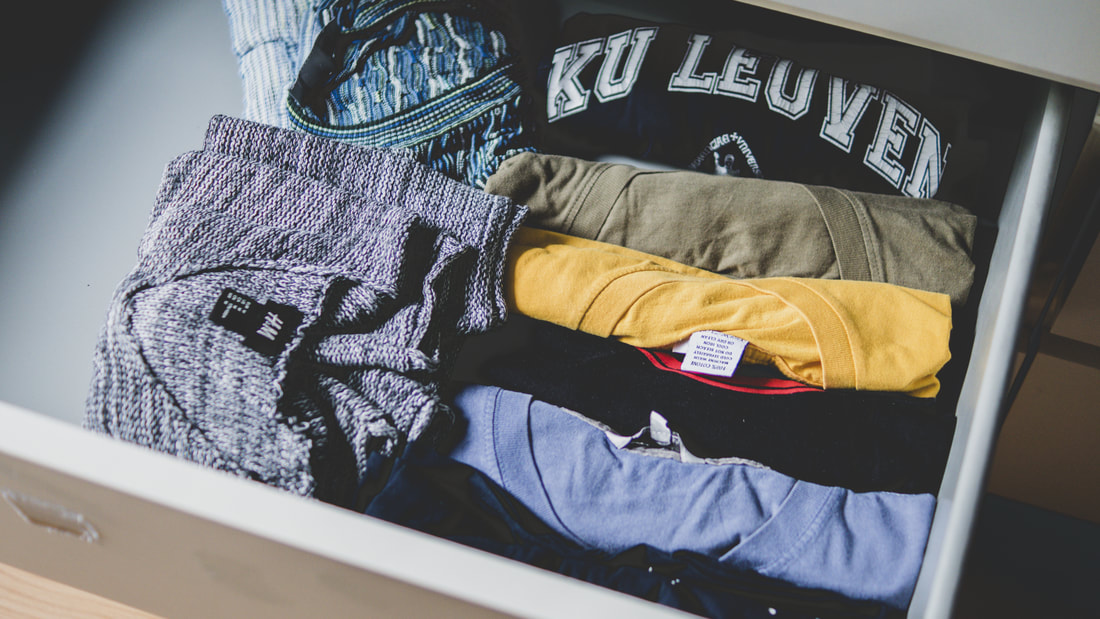









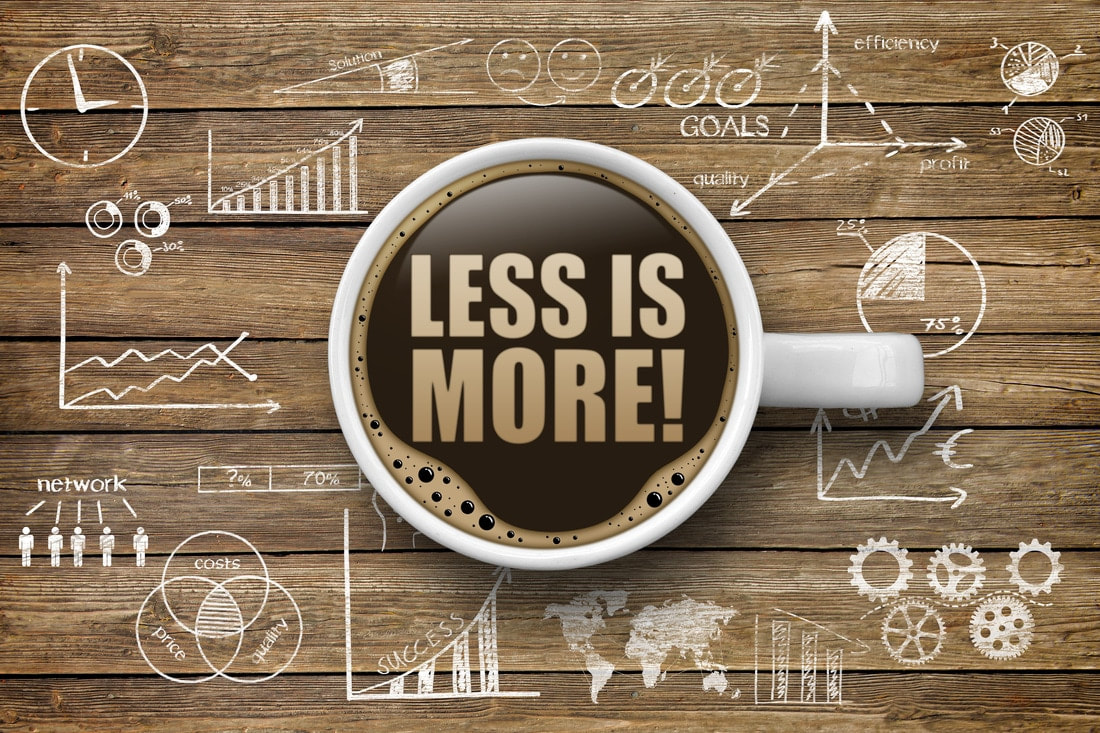




 RSS Feed
RSS Feed












